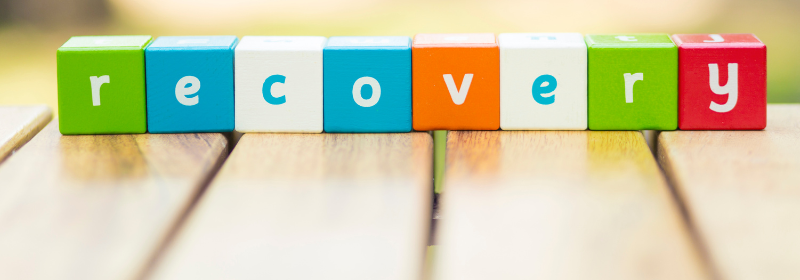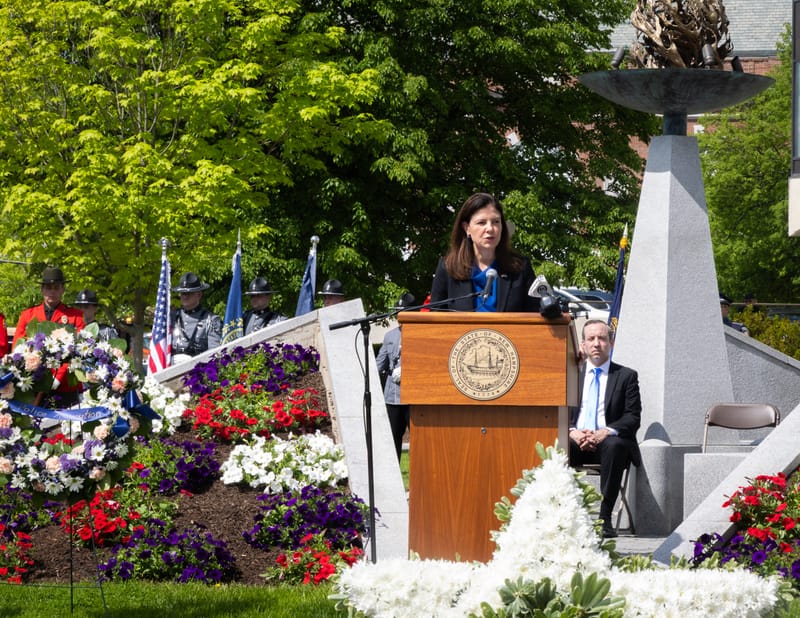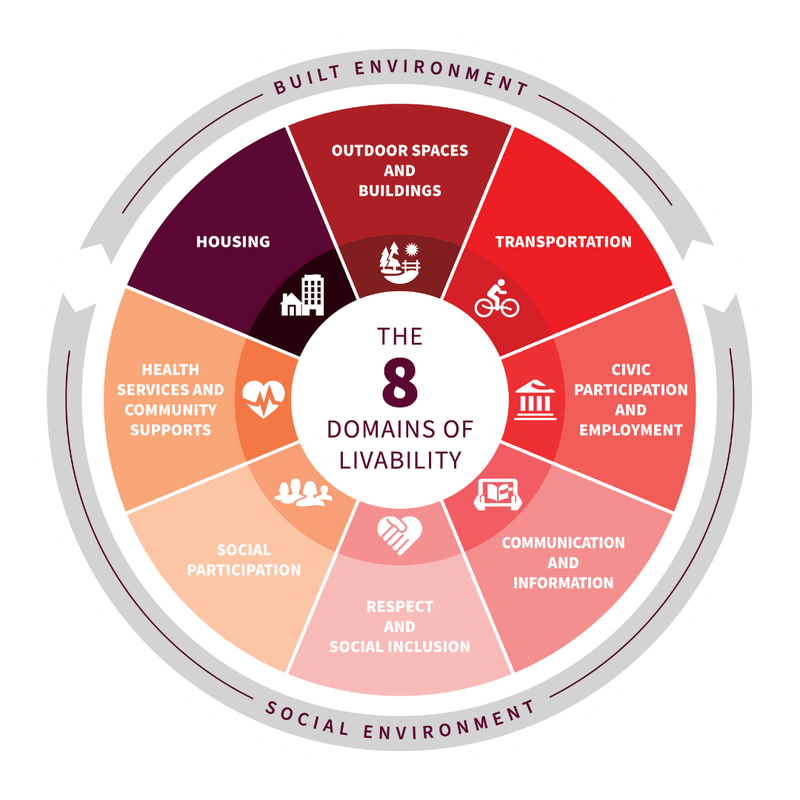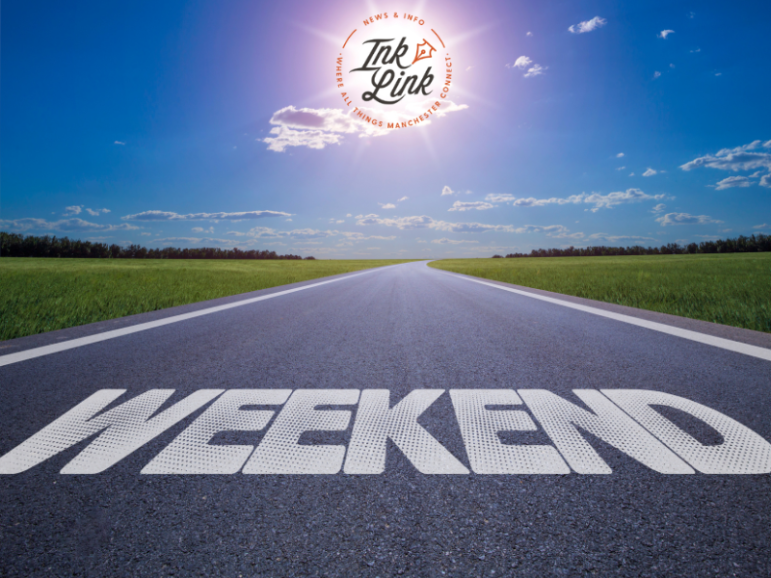September 3: I keep my means of recovery to myself
I keep my means of recovery to myself. Oh, I’m proud of BEING in recovery, of having returned to the land of the living after existing in the shadowland of drink and drugs for 35 years. I’m proud of the work I do and the people I work with and work for—Hope staff and Hope members are among the fines



I keep my means of recovery to myself. Oh, I’m proud of BEING in recovery, of having returned to the land of the living after existing in the shadowland of drink and drugs for 35 years. I’m proud of the work I do and the people I work with and work for—Hope staff and Hope members are among the finest, fairest and funniest people I’ve ever known. I’m proud of the changes I’ve made in my life, and that today I am much closer to the man my parents dreamed of when they brought me home from the pound.
It’s the means I keep to myself. Some folks use SMART Recovery to get and stay clean and sober, and others use a return to the God of their childhood, and yet others may rely on crystals, astrology and witchcraft to keep them away from a drink or a drug. Recovery Dharma, a seven-part practice drawing upon Buddhist principles, has a bunch of local followers. Likewise, the Three Principles, once espoused at local treatment program the Farnum Center, has helped people accomplish their recovery goals.
Finally, we have the 12-Step programs: Alcoholics Narcotics Overeaters Heroin Marijuana Debtors Gamblers, etc., etc. Anonymous. These Anonymouses (Anonymice?) are multimonolithic in recovery. That is, they have the dominant share in almost all the “markets” in which they compete. With their emphasis on complete abstinence, personal accountability, spiritual change and responsibility for sharing their story to others, members of 12-Step programs are encouraged to maintain their anonymity at the level of press, radio or film. Celebrate Recovery, an evangelical Christian take on recovery, uses the 12 Steps as a foundation for an explicitly faith-based approach.
Over the course of September, Recovery Month, I’ll do my best to describe each of these pathways to recovery. I’m afraid “my best” is doing most of the work in that last sentence. Regular readers will know straightforward narrative and description is an option I never had installed.
Regardless, How I maintain my recovery is nowhere near as important as that I do. You may be a person in early recovery or just thinking about cutting back on your use. The following list is pretty universally applicable to any pathway or none at all.
Astute (or simply conscious) readers will recognize the weasel nature of “pretty universally applicable” as not dissimilar to “mainly innocent defendant.” That (and this pointless digression leading nowhere) simply demonstrate my earlier point about my limitations.
Here are some things that helped me get through early recovery. Try them. They may help. If not, they won’t hurt.
- Go to Meetings, whether 12-Step, SMART, All-Recovery or anything else. Here you’ll find folks who are walking or who have walked the same path. Getting to know others in recovery—and making them central to your new life—is one of the best ways to avoid slips or relapses.
- Celebrate Milestones—Whether or not you’re following a 12-Step or Celebrate Recovery program, they do have a great system for “rewarding” or recognizing various lengths of sobriety through handing out either keychains or chips. I know I thought the whole thing was hokey until I walked to the front of a group for a 30-day chip. I immediately felt accomplishment and recognition.
- Think about Attending Church or Synagogue Services. Although you may not be a believer of any kind, religious services seem helpful too. Being surrounded by people you haven’t used with makes not using now a little easier. Also, you may just hear something to lift your spirit or strengthen your resolve.
- Create (and Maintain) a Schedule. Most of us lived chaotic lives while using. Doing simple things like making a bed, cooking a breakfast or checking your mail can help bring your normal life a sense of normality.
- Write a Gratitude List (and add to it daily)—Another thing I thought was a bunch of trite hokum—until I did it. Try using a simple format.
I’m grateful for:
-
- My bed
- My shoes
- The $27 I’ve got
- My recovery
6. Try to get enough sleep, exercise and healthy food.
7. Try to avoid major life changes. No one wants to hear this part, but this includes romantic relationships. One way to think of this is—you deserve a better partner than anyone who’s attracted to you now. Harsh, but true.
8. Read Positive Literature, Particularly Recovery Literature. This has a corollary—avoid literature for now that glorifies drinking and drugging. Hunter S. Thompson, Charles Bukowski, Denis Johnson and Ellen Hopkins will still be great writers once your recovery is solid. For now, they’re more likely to lead to relapse than revelation.
9. Pick up (or Start) a Hobby You’ve Abandoned—If you’re anything like me (or almost everyone I know) drugs and/or alcohol drove out lots and lots and lots of other activities. Booze (and much earlier drugs) were not just my “hobby,” they defined my life. In early recovery, you’ll have lots of dead time on your hands. Rather than simply watching TV or checking social media, try to fill some of that time with painting, writing, mechanical stuff, cooking, flower arranging or whatever damned thing is likely to make you feel good about your life and how you’re living it.
10. Believe, Believe, BELIEVE—Recovery is possible! Spend time at Hope talking with hundreds of other people who used to drink and drug and don’t need to anymore. You, no matter how low you’ve sunk or how hard it may seem, can recover. Please believe in yourself, in the recovery community and in the future.
During the pandemic (2020 version—I just missed out on the 1918 influenza model), I wrote a letter every day to Hope Nation, closing each with a personal motto. I think I’ll reproduce now:
You matter. I matter. We matter.
If you doubt that, please, please, please come to Hope or give me a call. Really.





